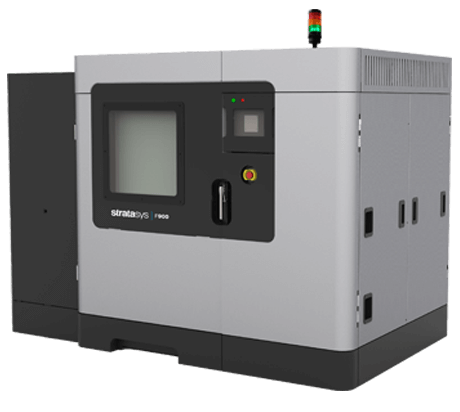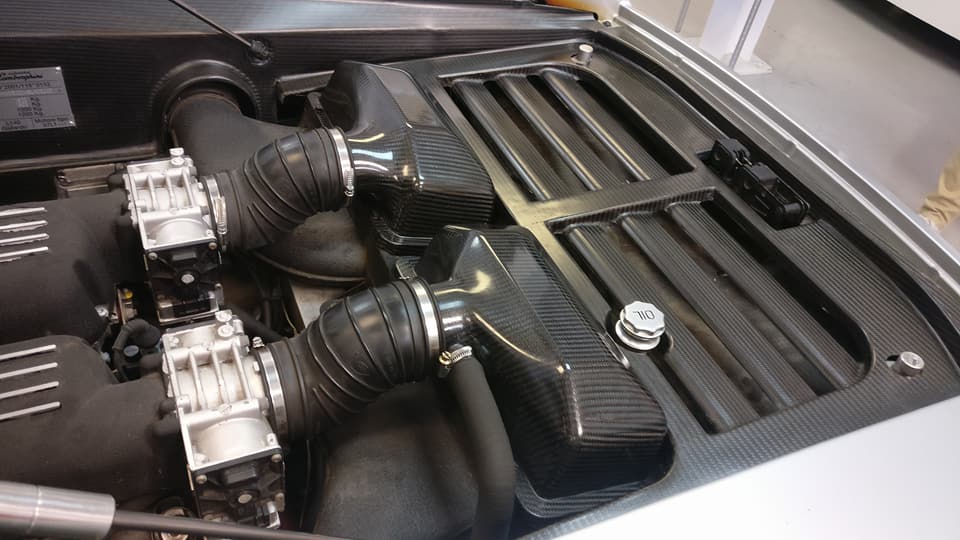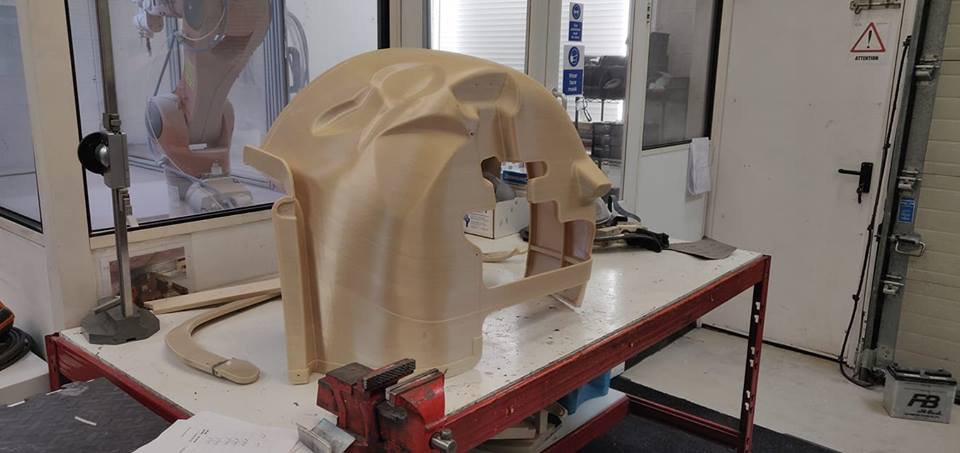Dash-CAE, a prototype and tooling manufacturer based in the UK, has acquired a Stratasys F900mc 3D printer to ramp up its services to the automotive, motorsport and aerospace industries.
Adding to an existing bank of Stratasys FDM machines, the new system is contributing to Dash-CAE’s advanced composite manufacturing workflow for the likes of Formula 1, hydrofoil boats and MotoGP.
Tim Robathan, managing director of Dash-CAE and former F1 Principle Engineer, comments, “Our primary interest was to develop easier processes for molding carbon fibre parts. As a result we pioneered tooling for composite parts – both for direct and lost tooling.”
Since its acquisition, the F900 has already started making significant savings for the company across production times, part cost and the design process.

Tooling specialists Dash-CAE
Founded in 2006, Dash-CAE is a privately held company based in Oxfordshire, South East England. Supporting high value transport and aerospace industries, the company is a one-stop shop for design, rapid prototyping and composites services.
From a secure studio and R&D workshop, the team has all the tools necessary to produce prototypes and strong, end-use carbon fiber parts harnessing 3D scanning, traditional 6-axis milling and 3D printing.
In addition to the new F900, Dash-CAE owns Stratasys F400 and F250mc FDM machines. At the company, these systems are used, among other things, to create tooling, jigs and fixtures.
“Our 3D printers are helping us slash development times and costs, while building fully functional parts and production tools,” explains Robathan, “Other large printers such as ours may be based at customer sites for internal use only, yet ours is open to all.”

Application of the F900mc
The Stratasys F900mc offers a build area of 914.4 x 609.6 x 914.4 mm, one of the largest in the company’s entire Fortus range. Applying FDM technology, the machine is compatible with a wide range of engineering-grade materials including ULTEM, PC-ABS, and FDM Nylon.
The industrial applications of the F900 series has made it the 3D printer of choice for valued Stratasys customers like American sports car racers Team Penske and global engineering firm GKN Aerospace.
For Dash-CAE, Robathan adds, “With 3D printing, we can quickly run through multiple complex iterations and save a lot of time,”
“Carbon fiber is very cost effective but tooling costs can be prohibitive. Our tooling is the alternative, and we are now producing items up to 1 m³ for the chassis, suspension and bodywork.”
As an example, one 3D printed mold (pictured below) produced on the F900mc at Dash-CAE is capable of making up to 100 carbon fiber parts, repeatedly exposed to temperatures of 150 °C and 6 bar pressure.

Has Dash-CAE completed your 3D Printing Application of the Year? Make your nominations now in the 2019 3D Printing Industry Awards. For all the latest automotive and aerospace applications subscribe to the 3D Printing Industry newsletter, follow us on Twitter and like us on Facebook.
Join 3D Printing Jobs for new opportunities in the industry.
Featured image shows carbon fiber pipes molded at Dash-CAE. Photo via Dash-CAE


